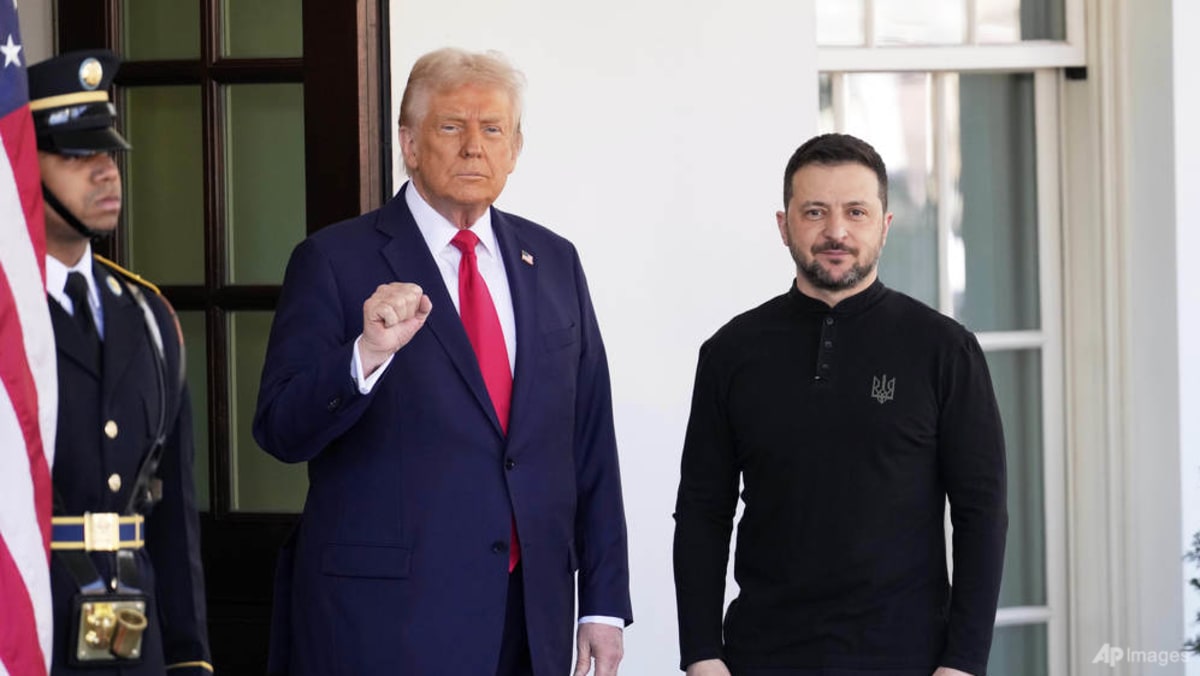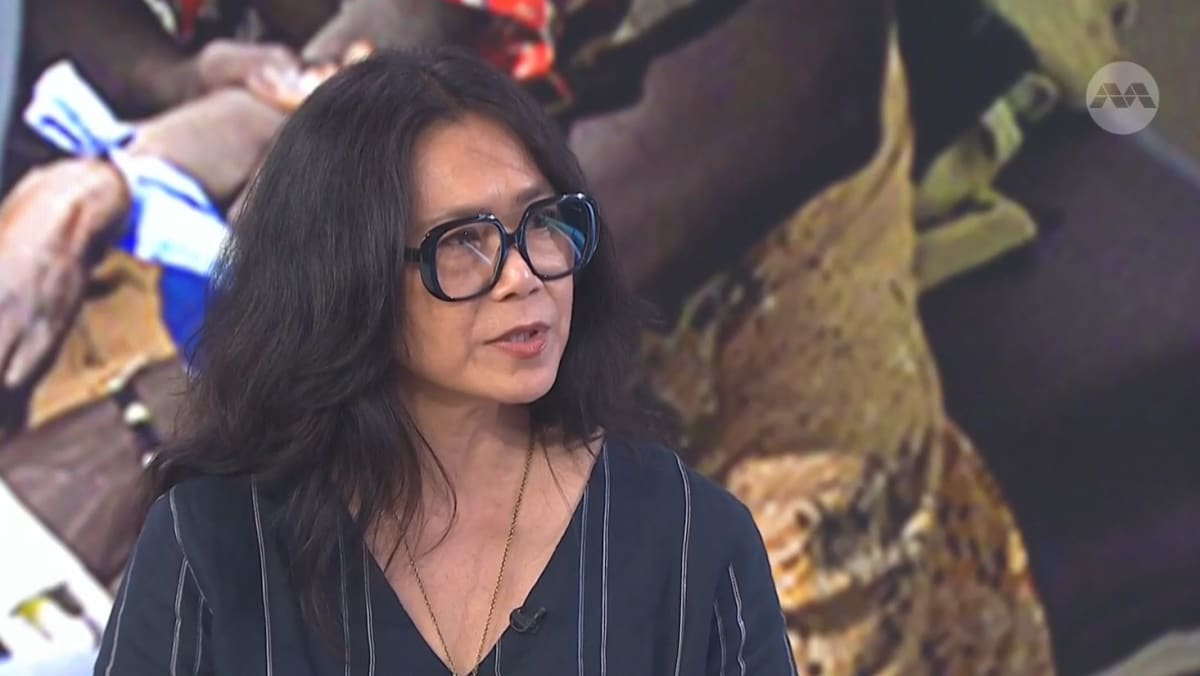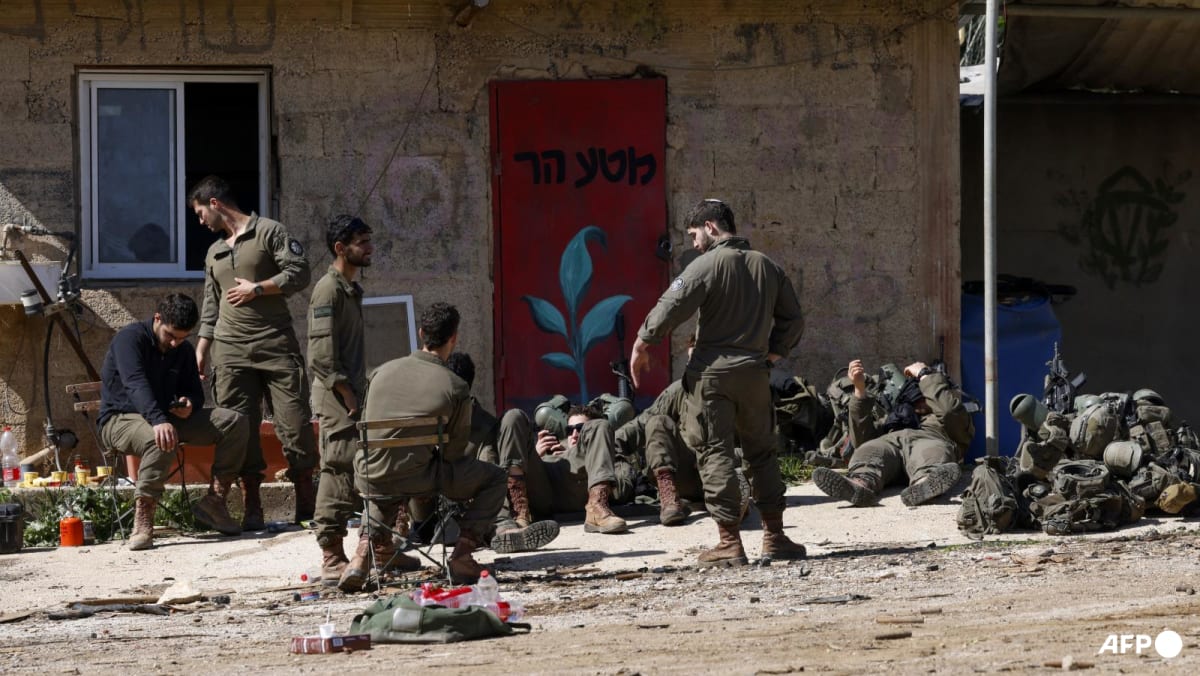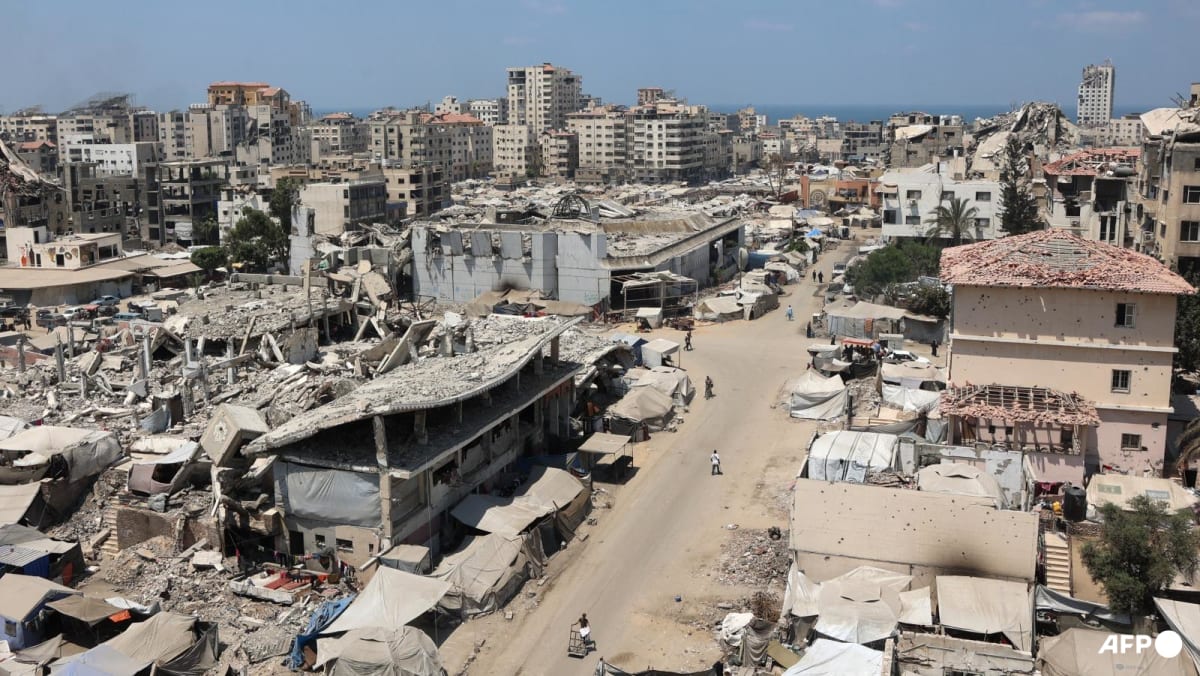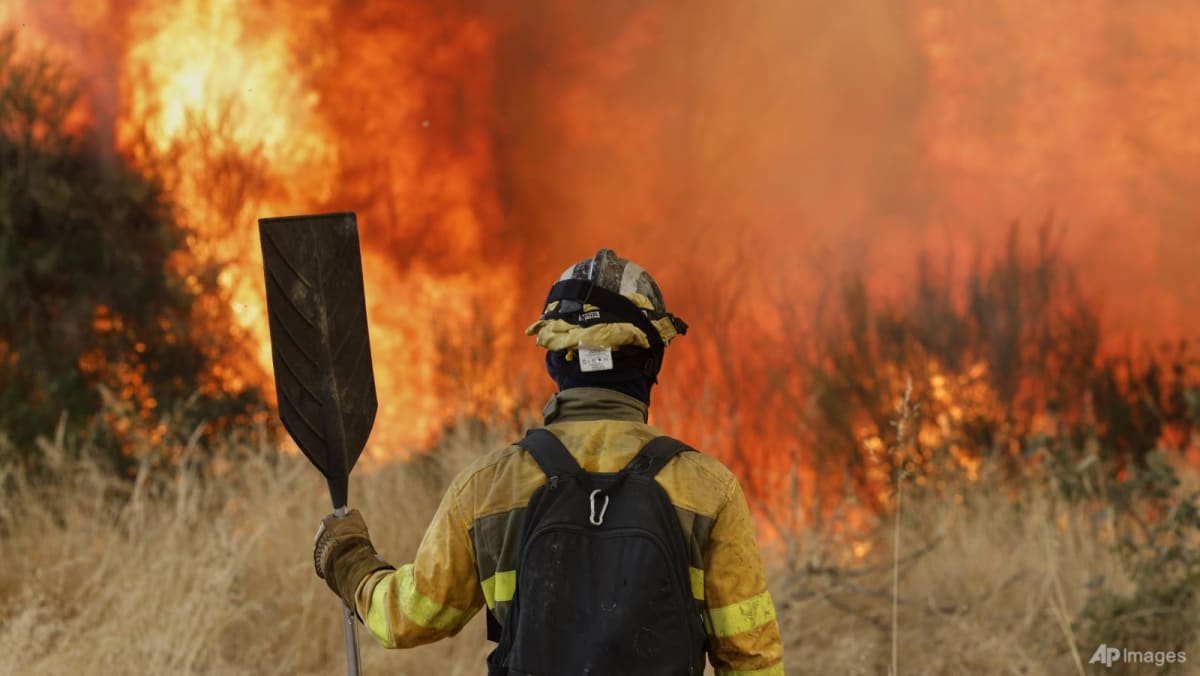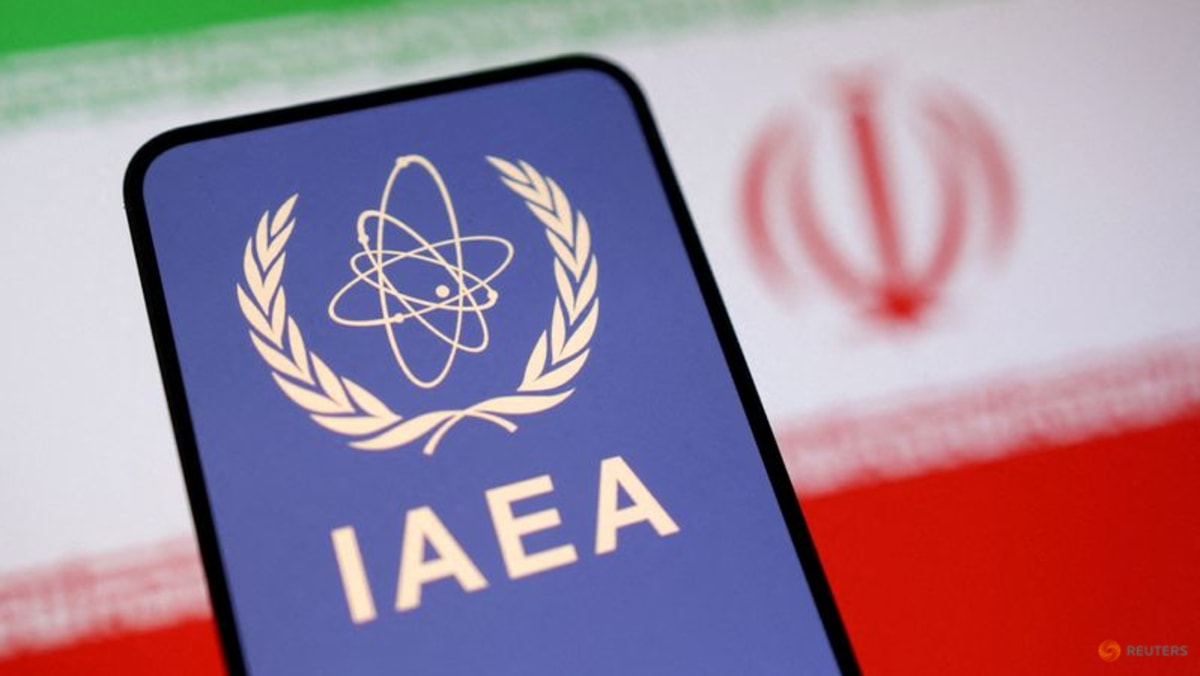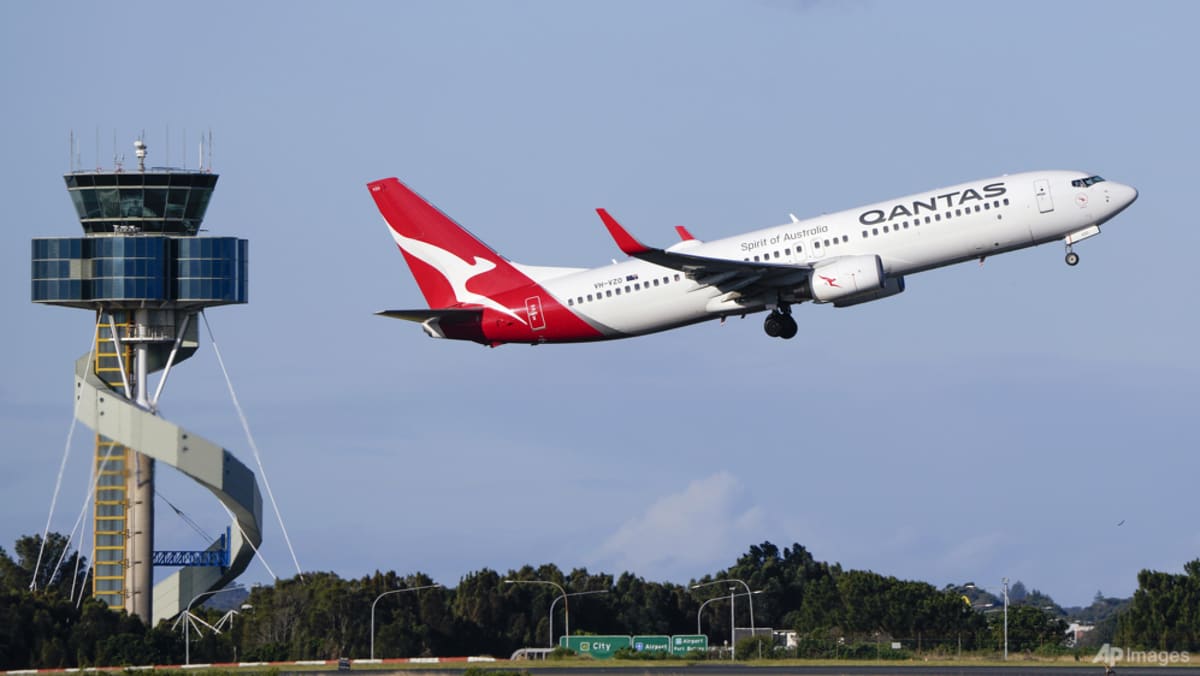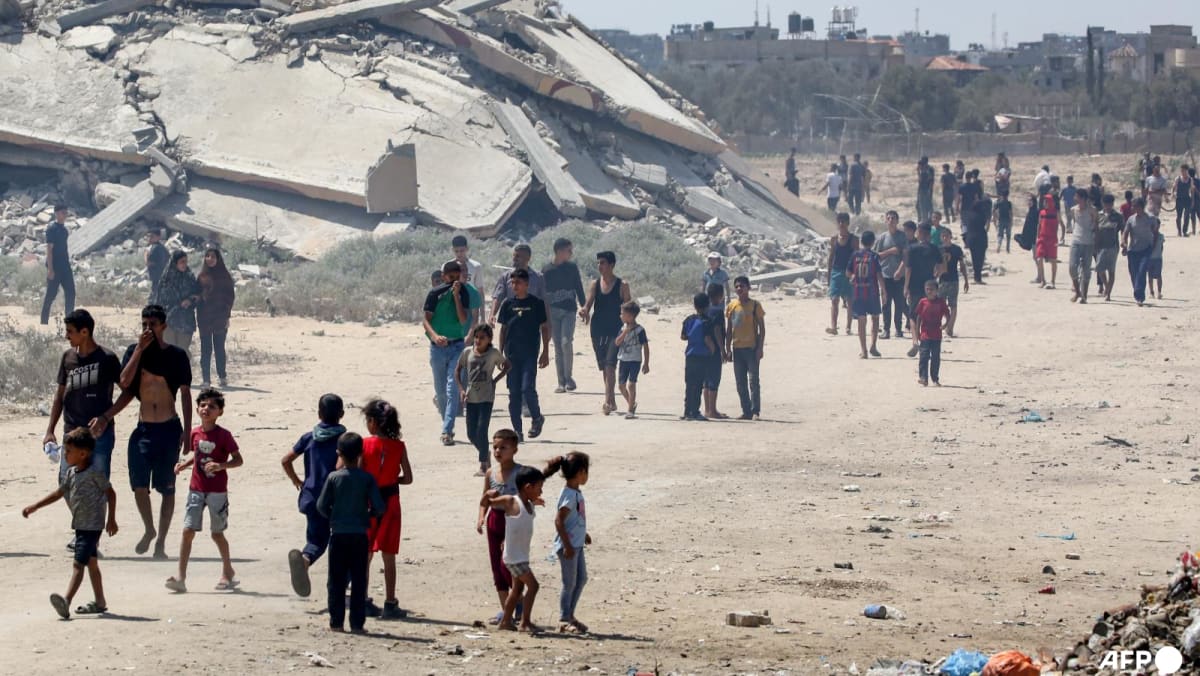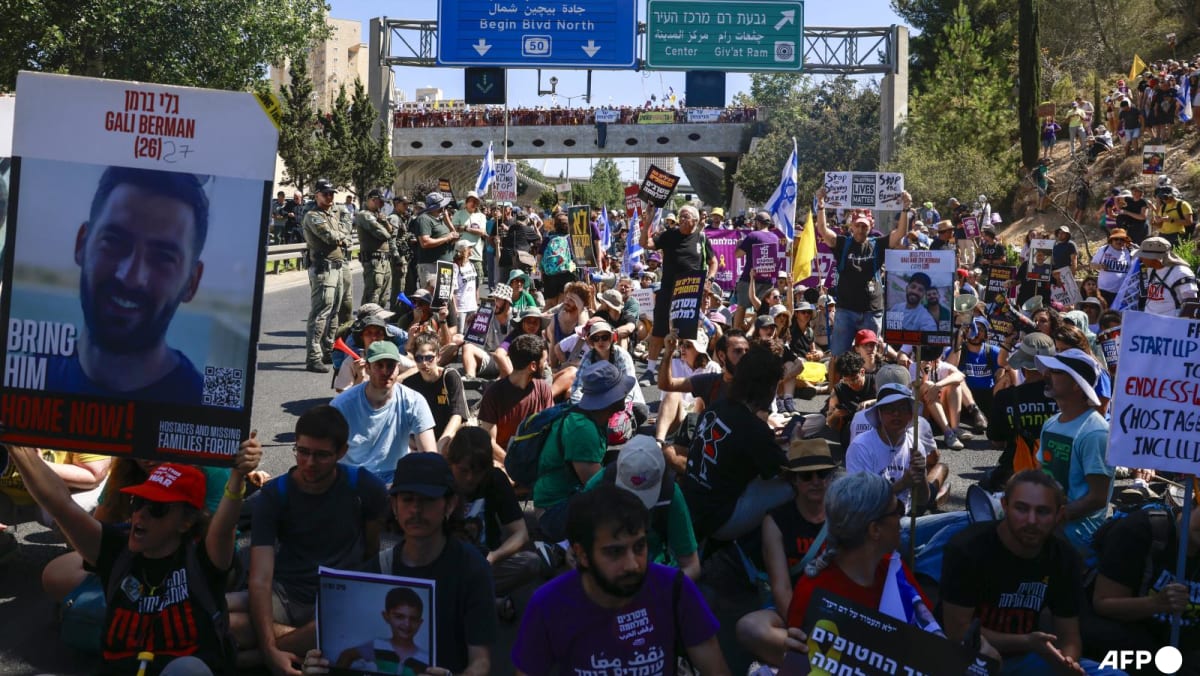In a study reviewed by global think-tank Center for Global Development, 26 low-middle income countries will be most affected by these aid cuts. These include Afghanistan, South Sudan and the Democratic Republic of Congo (DRC), Dr Guevara noted.
“Those (nations) are so significantly hit by these cuts. When those cuts also (affect) human resources and supplies, organisations such as WHO (World Health Organization) or the UN have had to relook and cut not only their budget, but staffing.
“This means things are not done. Surveillance is not done … supplies are not getting to the areas that they need to be,” she added.
For example, eastern DRC has been dogged by conflict for more than three decades, with fighting escalating earlier this year.
On top of that, the African country is facing a widespread cholera outbreak, while measles epidemics have persisted for years there.
“You compound all this – these are where you’re seeing it. Humanitarian hospice is becoming even more vulnerable today,” Dr Guevara said.
In terms of how this affects MSF, she said it indirectly impacts the charity as some of its partners rely on US government funding. The medical humanitarian organisation itself does not receive US funding.
She noted that MSF will have to consider whether it can fill the gaps left behind by partners that are unable to stay afloat. Referral systems and the bringing in of supplies will be affected as well.
“When you don’t have the supplies, you can’t actually work. So, a lot of pressure has come on us in a very indirect way, where we then have to reprioritise different programmes across the world when there’s so many needs,” she said.
“It’s a breakdown of our collective solidarity as humans, and I think we can only call out for more humanity and more solidarity and leadership.”


